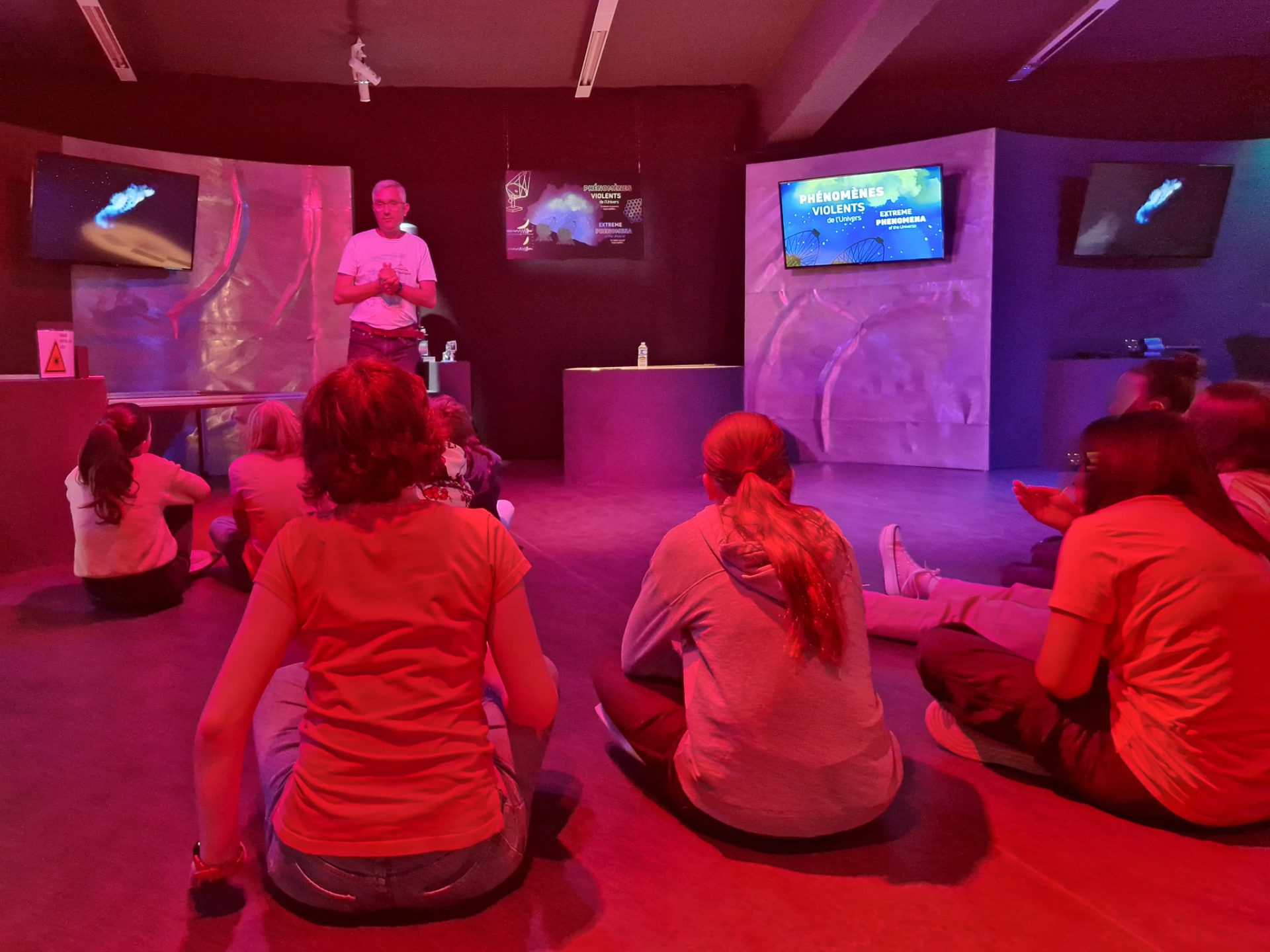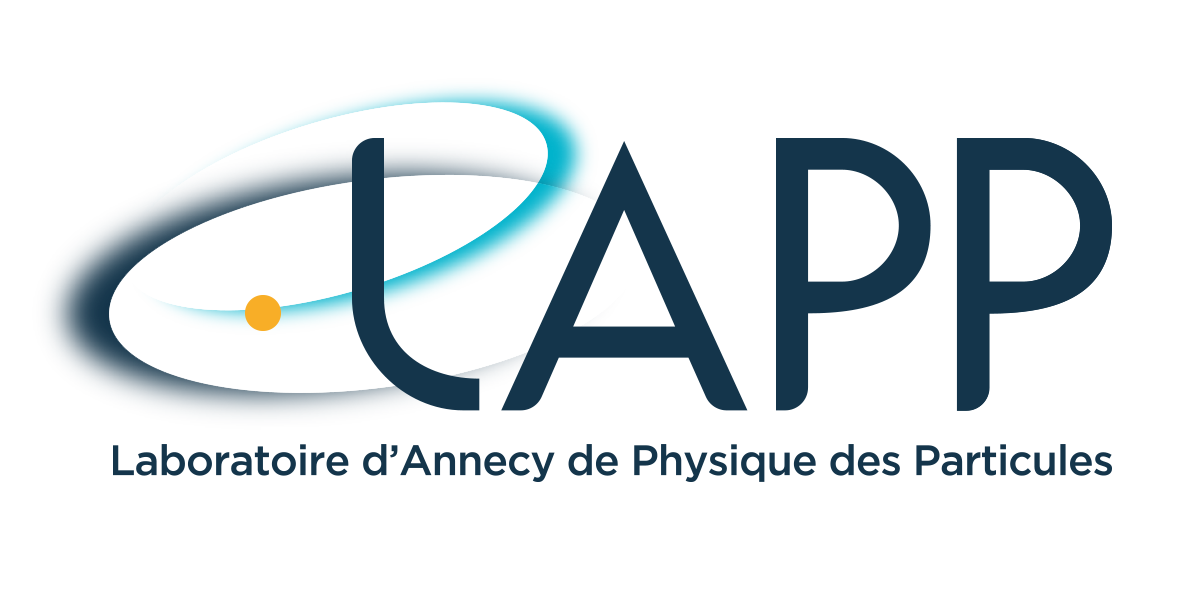School & Education
Recognizing the importance of discussing science from a young age, scientists from LAPP regularly engage with students of all levels, from primary school to university.
LAPP visits
LAPP regularly organizes educational visits for students of all levels, from elementary school to higher education. These visits generally last half a day and begin with a presentation of the laboratory’s activities and the various professions that support our research: technicians, engineers, researchers and teacher-researchers. Students then meet these people in the Eutopia discovery center. After a short presentation, they have the opportunity to ask scientific questions, discuss career paths and gain an insight into the day-to-day life of a physics laboratory. These exchanges are much appreciated by our visitors.
Each visit is adapted to the level of the class. For younger pupils, two workshops are available: one on measurement from the infinitely small to the infinitely large, and the other on zetetics or the science of doubt. Where possible, a visit to the MUST mesocomputing center is also offered.
Researchers and teacher-researchers also respond to occasional requests to give talks in schools.

School Visits
Women in Science
LAPP is committed to communicating about the various professions involved in its activities, particularly to young girls, who are less likely to choose scientific or technical studies. Every year, around ten women from LAPP take part in the “Women and Girls in Science and Technology” event organized jointly with CERN, UniGe, EPFL and LAPP. They give talks in classrooms to present their professions to pupils aged 7 to 15, with particular emphasis on showing that LAPP professions are accessible to girls.
Scientific testimonials
I've always been astonished by the low number of girls choosing scientific careers (during my physics studies after the baccalauréat, less than 10% of us were girls). I've recently come to understand that it's the lack of female role models in the sciences that demotivates girls to follow this path. That's why I think it's so important to show that women can do cutting-edge scientific work, while also having a family life. When I speak to primary and secondary school classes in the region, I emphasize this point, which leads to discussions on gender inequalities. I also describe what it's like to study and what a typical day in the life of a female researcher is like, to inspire them to follow this career path, and pupils generally ask lots of questions about my research topics.
I recently rediscovered my desire to get involved with young people, especially girls, when I spotted an all-male group of 3rd year trainees at the LAPP. I realized that I had a role to play in encouraging girls to choose scientific careers.
When I give a talk in a (mixed) class, I present my job and bring along a sensor object to pass around, to make the presentation more concrete. I choose women to illustrate my examples. Most of the time, the teachers have done some preparatory work beforehand, and the students' questions concern their studies, their career paths and gender inequalities.

